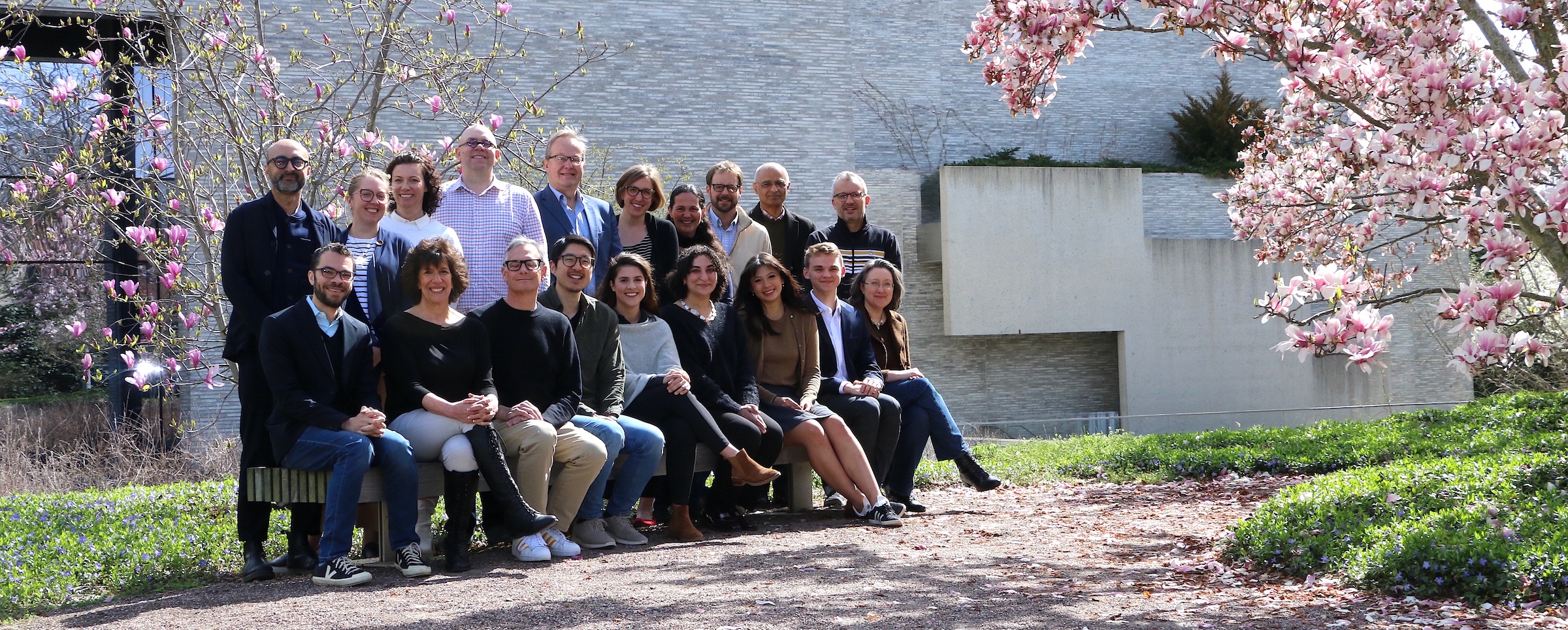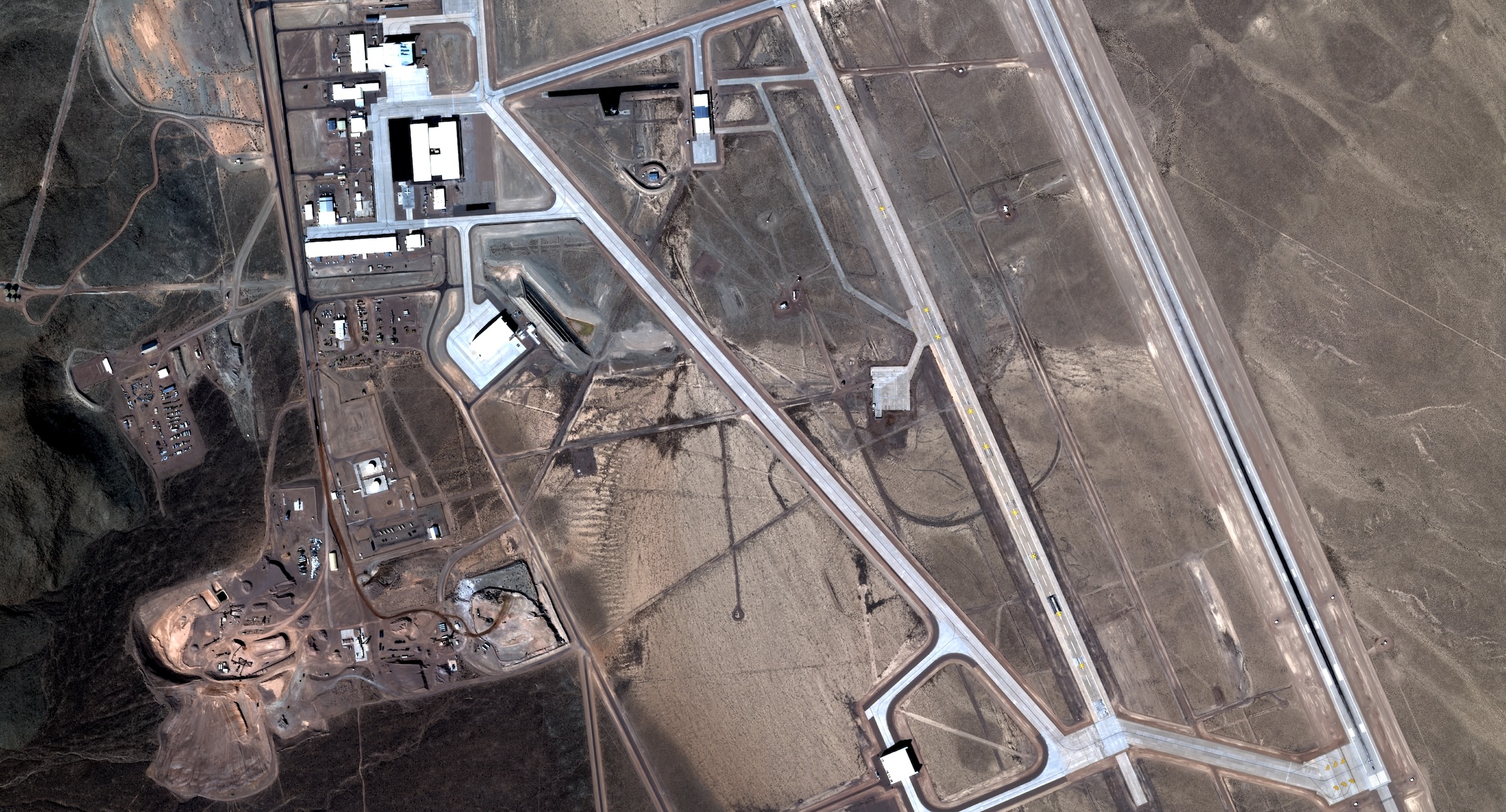December 9, 2023
The Journal of Peace and Nuclear Disarmament at Nagasaki University has published Societal Verification of Nuclear Disarmament in the 21st Century, a report on an April 2023 international workshop hosted by SGS titled “Societal Verification: Realizing Joseph Rotblat’s Vision in the Age of Non-state Open-Source Intelligence” The report is co-authored by SGS researchers and meeting organizers, Sara Al-Sayed, Alexander Glaser, and Zia Mian.
The one and a half-day exploratory international workshop brought together scholars and experts from civil society, industry, government, and the United Nations to explore the contemporary relevance, potential, and limits of societal verification. The term ‘societal verification’ was coined three decades ago by Joseph Rotblat, a Pugwash movement co-founder, to highlight the value and possible roles of citizens, including scientists, and civil society groups in the monitoring and verification of nuclear treaties. The goal of democratizing nuclear verification and accountability practices to go beyond governmental and international agencies has been an enduring interest at SGS.

The workshop stemmed from the recognition that the growth in internet connectivity, online publicly available data and tools, and cheap ubiquitous sensing from mobile cameras to commercial satellites has contributed prominently to the growing capabilities and role mostly in the United States and Europe of civil society groups in nuclear weapon program monitoring and verification.
The workshop report reflects on three broad themes that emerged at the meeting. First, the present context of societies, technologies, markets, and states serves to structure in various ways the scope for civil-society groups to engage in nuclear-activity monitoring and verification. Second, the uneven, hierarchical national and international distribution of power and relevant resources is enabling, shaping, and limiting the potential contributions of civil society to national and global security debates and decision-making. Third, the globally unequal access to the requisite resources shapes the nature, object, scope, and impact of civil-society investigations and impacts the trustworthiness of processes, outcomes, and institutions. Left unresolved, these issues limit the potential of civil society to contribute effectively to nuclear treaty system monitoring and verification in ways that can enable the treaty and verification regime to be seen globally as legitimate, fair, and just.
